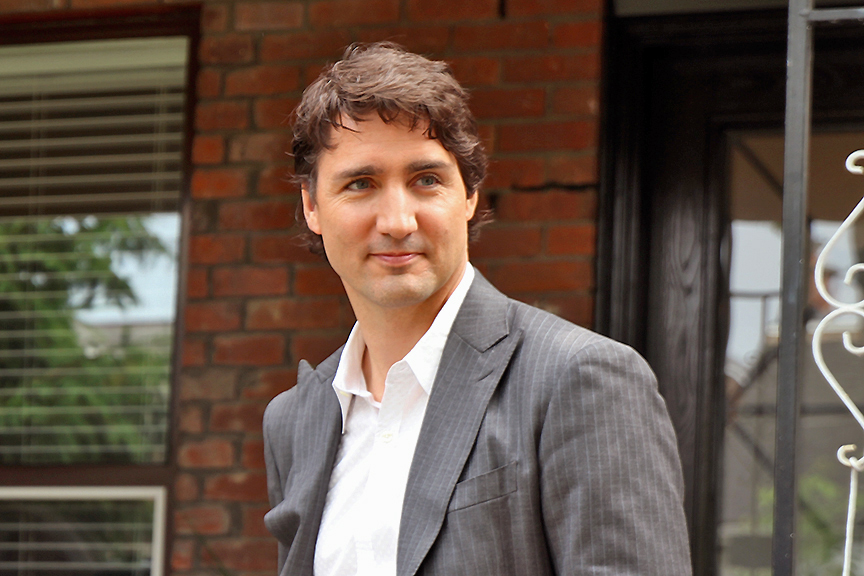Justin Trudeau vs. The Culture of Change

Corporate Culture doesn’t shift; it rolls over with a thud
During his election campaign, Prime Minister Justin Trudeau promised to bring openness and transparency to Canadian government. Only now are his lieutenants coming to terms with what exactly that entails. Treasury Board President Scott Brison learned just how difficult reversing ten years of paranoid secrecy inculcated by the Harper government will be. Documents prepared for Brison claim nothing less than a wholesale “cultural change” will be required to pry open the welded-shut blast doors of Canada’s bureaucracy.
This call to arms for cultural change is both stirring and commendable, except for one thing: culture doesn’t change by edict.
Corporate history (and yes, the Canadian civil service is as corporate as any other entity) is rife with examples of entities that thought culture can be changed like the tires on a car (or a pair of clothes). Common to many of these failures is the idea that culture changes through edict. The script usually goes something like this: the CEO leads a task force / soul-searching effort that identifies the culture the company aspires to. A VP (usually of HR) leads a task force or working group that brainstorms the necessary elements, artifacts and tactics of this cultural change. Various internal communicators, HR wonks and others execute these tactics.
What usually ensues is a stirring, earnest string of speeches, town halls and emails, followed by distribution of entertaining and semi-useful tchotchkes at various events, all branded with a (hopefully) inspirational slogan that exemplifies the hoped-for change. This is usually where things start to go south, because cultural change requires trust. Unless you’re a sect of Quakers circa 1740 or a Buddhist monastery outside Kathmandu, your organization’s culture isn’t in need of a change because it’s too open, transparent and trusting, but because it’s lacking in these traits.
A declaration of non-declarations
Unfortunately, trust isn’t declared: it’s earned. More specifically, it’s earned by being demonstrated, which means a long, hard, years-long slog of employees observing that they can trust their bosses, that these people have their back and that they will not throw their staff under the bus at any given moment. This desired level of trust is found in less than half of all employees. If your desired culture is one of risk-taking and entrepreneurism, employees need to believe they can take smart risks and not get punished for failure: that requires trust. If your desired culture is one of transparency and openness, employees need to know they can share openly and not get smacked down for telling the truth: that requires trust. If you want a culture of collaboration and teamwork, employees have to see the rewards of altruism and putting the welfare of other people and teams above their own: that requires trust.
Corporate culture is the sum of what people do in an organization, not what’s written in a mission statement or on a mug. Culture is lived, not formulated. It is reflected, not declared. Culture is built every minute of every day by the people an organization hires, and their behaviour towards clients, colleagues and staff. That’s why shifting culture is so damn hard. Culture isn’t a decision an organization makes: it’s a reflection of an organization’s behaviour, which is driven by its people. Culture starts at the top, but not as a declaration; it starts as a series of habits, behaviours and actions that needs to be sustained for an extremely long time before it cascades through an organization.
That’s what makes cultural change a “long game,” and why Mr. Trudeau and Mr. Brison have an unenviable – although not impossible – task ahead of them.






